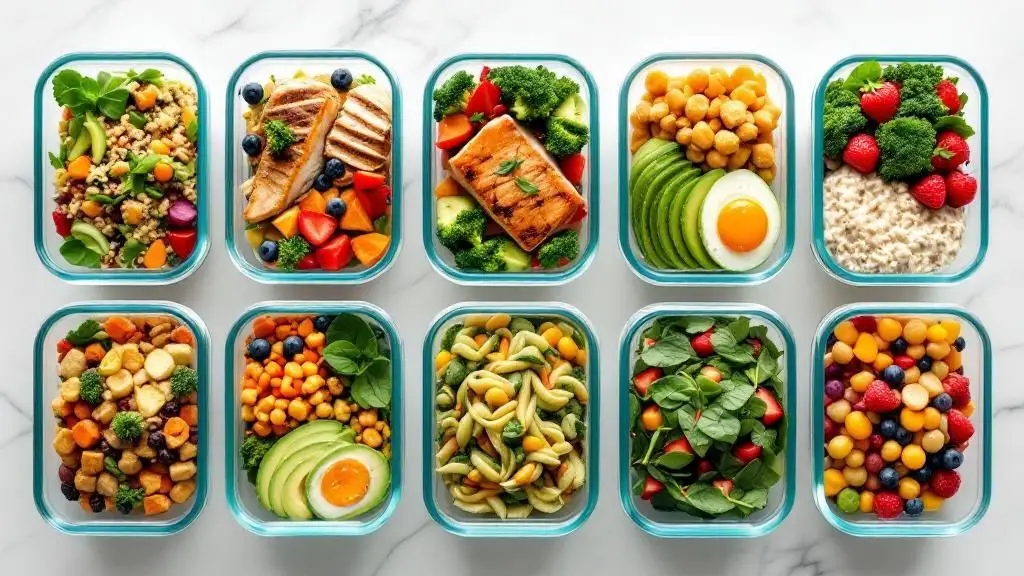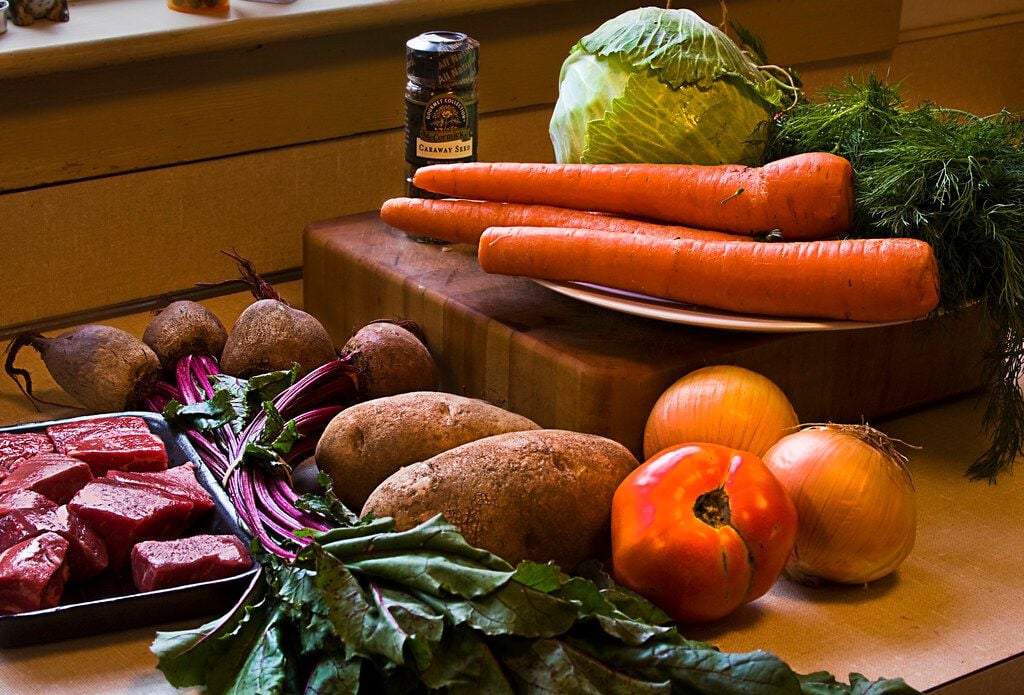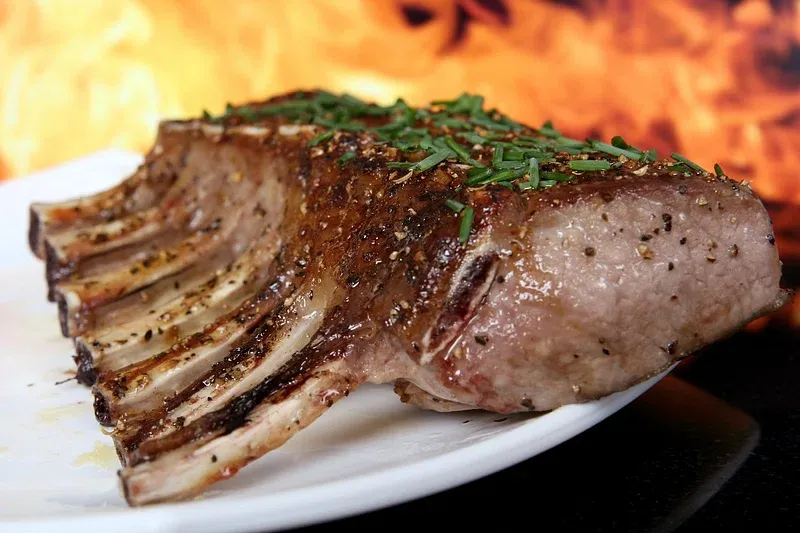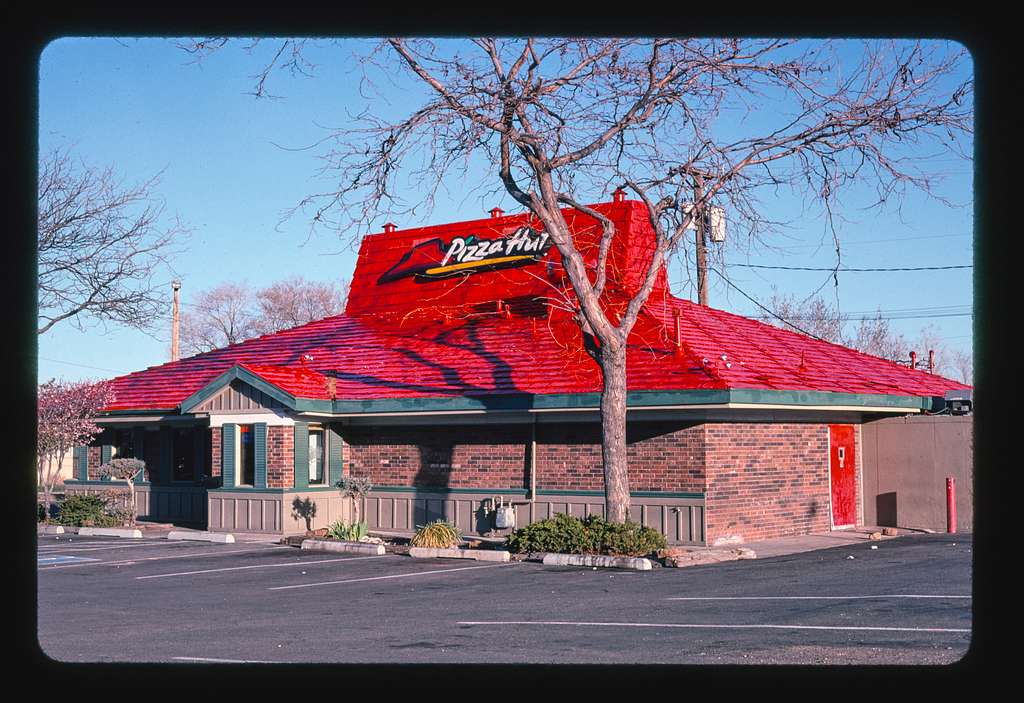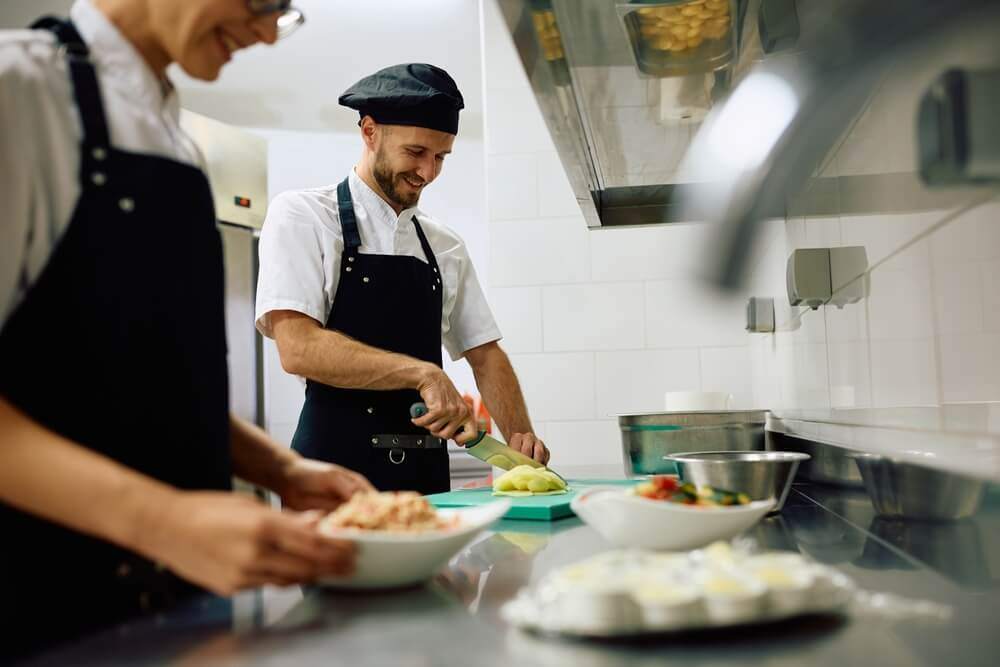
Debunking Myths About Baby Carrots
- Apr 25, 2024
When it comes to managing a busy schedule, every saved minute counts. One easy way to streamline your day is with baby carrots. Despite being a point of criticism online as an unnecessary extra item, baby carrots can help relieve some stress by reducing food prep time. The critiques of baby carrots circulating on the internet are largely unfounded. In this article, we'll unravel three notable misconceptions about these convenient bite-sized vegetables. The most prevalent misconception is that baby carrots are subject to chemical treatments to give them their characteristic white sheen and enable their prolonged shelf-life. Many believe they soak baby carrots in chlorine or bleaching agents. However, this is entirely false. Dana Brennan, a Vice President at Grimmway Farms, clarified to Reuters that carrots are routinely cleaned with chlorinated water. "To hinder the possible transmission of foodborne pathogens, we use a slight amount of chlorine in the water while washing and cooling our carrots," Brennan explained. "This is standard in the industry and given the green light by our organic certifying organization, California Certified Organic Farmers (CCOF), and it is entirely within the FDA-established boundaries." Critics often argue that baby carrots are less nutritious than their full-sized counterparts. But this is another myth. Baby carrots are merely regular-sized carrots cut down to a smaller size. As the New York Times reported in 2017, baby carrots are no more than normal carrots which have been peeled, washed, and cut into bite-sized pieces. The nutrient-dense skin of the carrot is indeed peeled off in this process, but this doesn't drastically reduce the overall nutritional value of these baby carrots. You can cross-check the nutritional facts for both mature, raw carrots and prepared baby carrots on the USDA's website. Another point of criticism is the processing of baby carrots. The reality is, these snack-sized vegetables often come from produce that wouldn't typically be sold at grocery stores. Thin carrots, which are not usually sold as regular carrots, are often used to make baby carrots. This approach is an effective way of minimizing waste, according to Soohyoun Ahn, a lecturer in food science and human nutrition at the University of Florida. Baby carrots were practically born out of the desire to reduce waste. In the 80s, Mike Yurosek, a California farmer, and his son, Dave, noted that nearly half of their carrot crop didn't meet grocery store standards, mostly due to aesthetic imperfections. Such rejects amounted to between "35 to 45 percent of our total carrot yield," Yurosek shared with CBS in 2022. Inspired to find a solution, they invented baby carrots. Today, according to the Washington Post, about 70% of consumed carrots are baby carrots. The remnants are used for compost, animal feeding, or juicing. Yurosek's wife wanted baby carrots to simplify food preparation too. As Yurosek shared with CBS, "She wondered why I couldn't do something to spare her three hours in the kitchen." So, go ahead and enjoy your baby carrots guilt-free.

